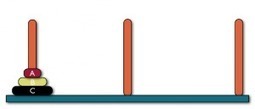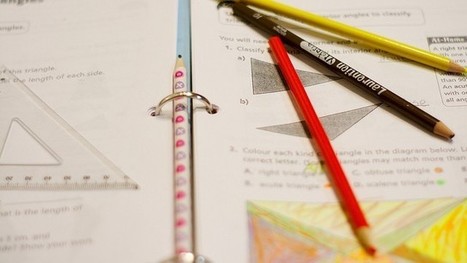"What if you could design questions that engage students at this level in your classroom? What if you could do so without the burden of having to make the subject matter relevant or relatable to every single student?
The secret to writing good questions or problems may surprise you. The key, according to Willingham, is to pose questions or problems that can be solved. That means questions or problems that are not too hard and not too easy, but just right. Think Goldilocks."



 Your new post is loading...
Your new post is loading...












how to respond to great questions